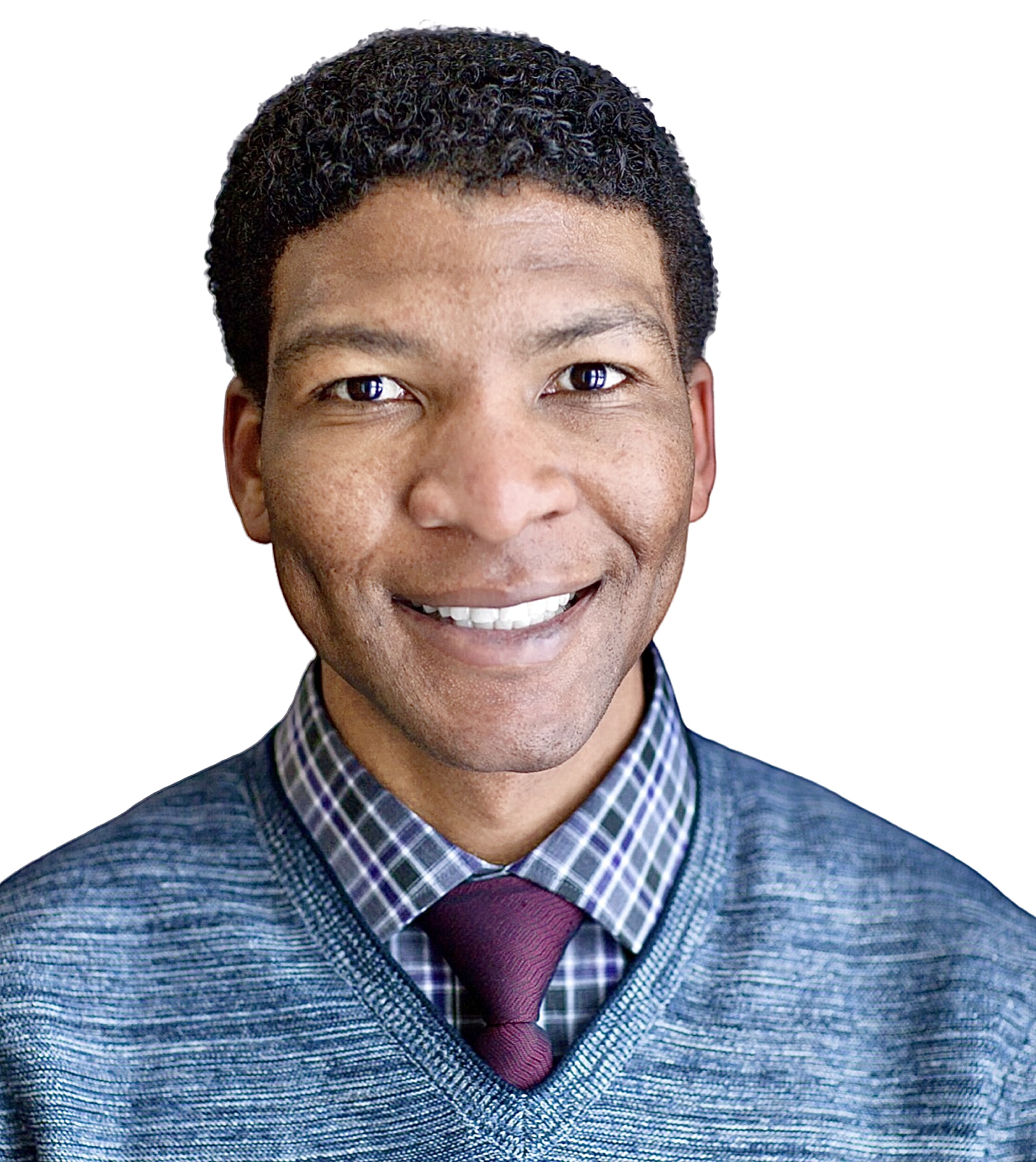Henry Kudzanai Dambanemuya

I teach core computational methods and research design courses as well as course electives on collective intelligence, digital experiments, and digital peacebuilding. My teaching philosophy is rooted in praxis. I practice teaching as a profoundly humanizing act, in Freire’s (1968) view, whereby students should not simply acquire new knowledge, must also develop the capacity to apply what they learn to relevant real-world contexts that matter. I aim to help students to cultivate their critical consciousness to challenge and transform the current social order by designing interventions that advance more equitable, just, and inclusive communities. If you are excited to pair strong foundations in data science and computer programming with your own research interests to help solve complex real-world problems, I would love to work with you in the Masters Program in Computational Social Science (MACSS) at the University of Chicago. Below, you will find brief descriptions of the courses that I currently teach.
Digital Experiments (MACS: 30755)
Spring QuarterThis course takes a hands-on approach to help students develop a deep understanding of the theoretical underpinnings, principles, and methodologies of digital experimentation. Students learn how to design robust and ethical digital experiments in various domains (e.g., online behavior, A/B testing, product design, etc.) while mastering tools and platforms for running digital experiments, such as survey platforms, online experiment frameworks, and analytics tools. Key concepts taught in this course include causal inference, experiment types and validity, factorial designs, sampling, blocking, random assignment, stimuli, mediators, moderators, and effect sizes. Class sessions alternate between lectures & workshops and the culmination of the course requires students to apply their newly acquired knowledge of digital experimental design to solve real-world research problems, e.g., in marketing, behavioral economics, and the social sciences more broadly.
Digital Peacebuilding (MACS: 30750)
Winter QuarterThis course explores the intersection of computational methods, digital technologies, and peacebuilding. It examines how data, algorithms, and digital platforms can be leveraged to enhance conflict resolution, promote social cohesion, and support sustainable peace. Through a combination of theoretical frameworks, real-world practical applications, and programming challenges — including building machine learning apps in Python — students will gain insights into the challenges and opportunities presented by digital peacebuilding. Key concepts covered include theories of peace and conflict, novel methods of data collection and analysis (e.g., information retrieval, active learning, and bridging algorithms), and thematic topics covering online polarization, toxicity, hate speech, misinformation, and cyberactivism. The course features individual assignments and a group project aimed to equip students with practical skills, tools, and methods for digital innovation in peacebuilding.
Collective Intelligence (MACS: 30455)
Winter/Autumn QuarterThis graduate seminar course provides a broad and comprehensive introduction to Collective Intelligence theory and research. Students engage with general science literature drawn from diverse disciplines (e.g., computer science, management science, cognitive science, social psychology, behavioral economics, and political science) to gain a better understanding of collective intelligence and how it emerges (i.e., principles and mechanisms) in diverse contexts, both online and offline. Students learn the theoretical background underpinning the wisdom of crowds, aggregation methods & techniques for pooling individual estimates in collective settings, network dynamics of collective intelligence, and applications of collective intelligence in business, society, and governance. By the end of the course, students synthesize their knowledge, integrate their understanding, and apply it to new areas of research, systems, or experiments.
Computational Research Design (MACS: 30200)
Spring QuarterThis course focuses on applying computational methods to conducting social scientific research and the development of a strong research proposal. Students begin by identifying a research question of their own interest that involves a direct reference to social scientific theory, the use of data, and a significant computational component. Then they review existing literature, identify an appropriate data source and conduct exploratory analysis, or develop a method (e.g. survey, experiment) through which they plan on collecting data, and generate a complete and well-motivated research proposal. The course includes modules on theoretical and practical considerations, including topics such as epistemological questions about research design, conducting literature reviews, data visualization and interpretation, reproducible research, writing and rhetoric, as well as presenting work to an audience.
Introduction to Computational Social Science (MACS: 30000)
Autumn QuarterMassive digital traces of human behavior and ubiquitous computation have both extended and altered classical social science inquiry. This course surveys successful social science applications of computational approaches to the representation of complex data, information visualization, and model construction and estimation. We will re-examine the scientific method in the social sciences in context of both theory development and testing, exploring how computation and digital data enables new answers to classic investigations, the posing of novel questions, and new ethical challenges and opportunities. Students will review fundamental research designs such as observational studies and experiments, statistical summaries, visualization of data, and how computational opportunities can enhance them. The focus of the course is on exploring the wide range of contemporary approaches to computational social science.
“The more students work at storing the deposits entrusted to them, the less they develop the critical consciousness which would result from their intervention in the world as transformers of that world. The more completely they accept the passive role imposed on them, the more they tend simply to adapt to the world as it is and to the fragmented view of reality deposited in them.” – Paolo Freire